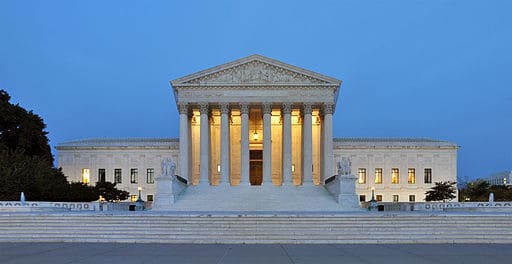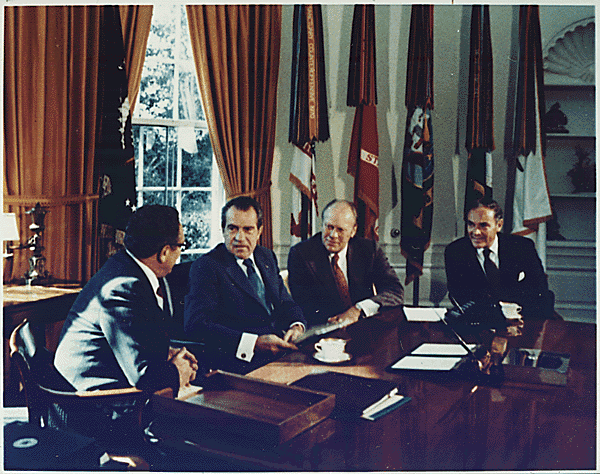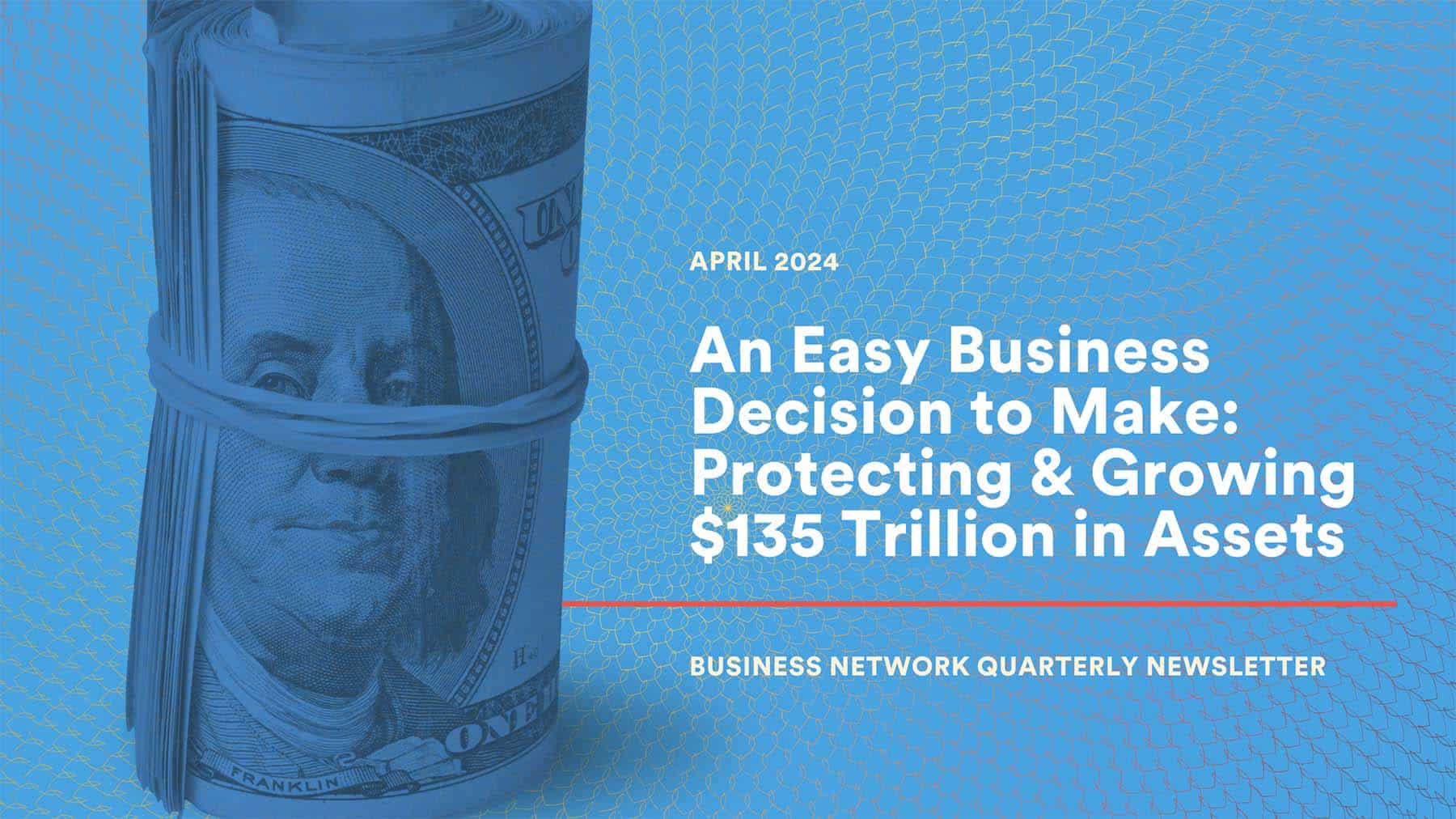A look at five examples of times big money has shaped the course of American history.
While campaign spending has hit record highs since the 2010 Citizens United ruling, the influence of big money in U.S. politics is nothing new. American Promise staffers share some history lessons in this look at five times big money influenced U.S. politics—in sometimes unexpected ways.

Defining Modern Health Insurance: The debate over U.S. healthcare is nothing new, and big money has had a hand in this critical issue for more than 70 years. In 1945, President Harry Truman proposed a national health program seeking to resolve a host of issues that may sound familiar: unequal distribution of health-care facilities, inadequate maternal and child care, dearth of support for medical research, high costs of healthcare, and the economic costs of illness. Truman and congressional leaders attempted to launch a national health insurance program through a Social Security expansion bill, but the American Medical Association and supporting organizations stepped in with lobbying and advertising efforts that called Truman’s proposal “socialized medicine” and killed the bill, leading to the creation of our current system that ties health insurance to employment.

Joe Ravi CC BY-SA 3.0
Gerrymandering and Dark Money: Big money spent to influence elections also influences who draws congressional maps—and those politicians hold a lot of power, a fact that has not escaped leaders of both major U.S. political parties. In Wisconsin, a legal challenge to that state’s legislative map has in part revealed the role of big money in gerrymandering. The Gill v. Whitford case was filed after Super PACs spent millions in Wisconsin leading up to 2010 so Republicans would control the state legislature and oversee redistricting for the next decade. Meanwhile in Maryland, Democrats created their own strategy to gain control of state redistricting.
Shaping the Courts: According to the American Constitution Society, in the 15 years since the last significant data collection, fundraising for judicial campaigns has more than doubled, from $83.3 million in the 90s to $206.9 million in the 2000s. This has a number of wide-ranging effects on court outcomes, including sentencing. One recent example is the millions spent to support Brett Kavanaugh’s nomination to the U.S. Supreme Court. The Judicial Crisis Network (JCN) pledged to spend $10 million on TV and online ads to support Kavanaugh during the contentious confirmation hearings, according to the Center for Responsive Politics.

U.S. Business Interests in Foreign Policy: U.S. business interests have long influenced foreign policy. In one example from history, in their work to fulfill U.S. demand for bananas in the late 19th century, suppliers like United Fruit Company turned to the tropics of Central America. There they built infrastructure—railroads, ports and roads—and received land in exchange. As the companies’ presence grew, so did their political influence, which included support of coups that put in place leaders whom they could influence. This meddling led to creation of the term banana republic, reflecting the fruit companies’ growing role and power.
New Regulations after Watergate: This one’s got a twist. In the wake of the Watergate scandal, the investigation of President Nixon’s role in the break-in eventually revealed how interest groups hoped to shape policy through their campaign donations and how politicians, including Nixon’s advisers, worked around laws. In response, Congress in 1974 amended the Federal Election Campaign Act to establish contribution and spending limits, public financing for presidential elections and an independent elections commission. These limits have since been all but eliminated: In 1976, the U.S. Supreme Court struck down the spending limits and other restrictions in Buckley v. Valeo; FEC rulings in the 1990s allowed more “soft money”; and the U.S. Supreme Court lifted a ban on corporate and union spending with its Citizens United ruling in 2010. The 28th Amendment would provide the Constitutional basis for the Supreme Court to uphold campaign contribution limit laws, and enable Congress and citizens to rein in the vast amounts of money that currently influence our political system.







